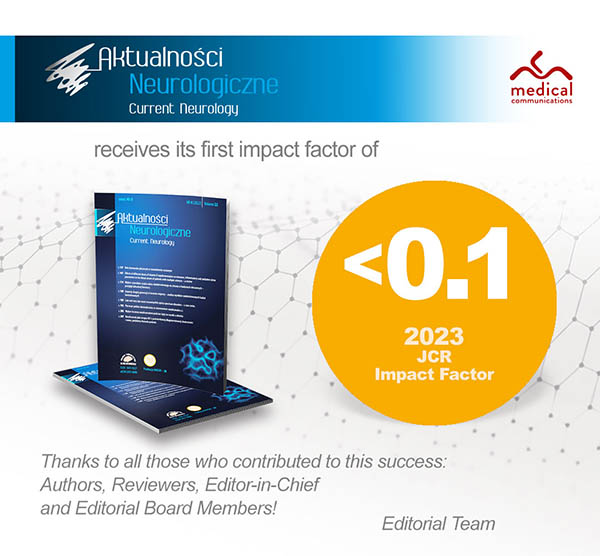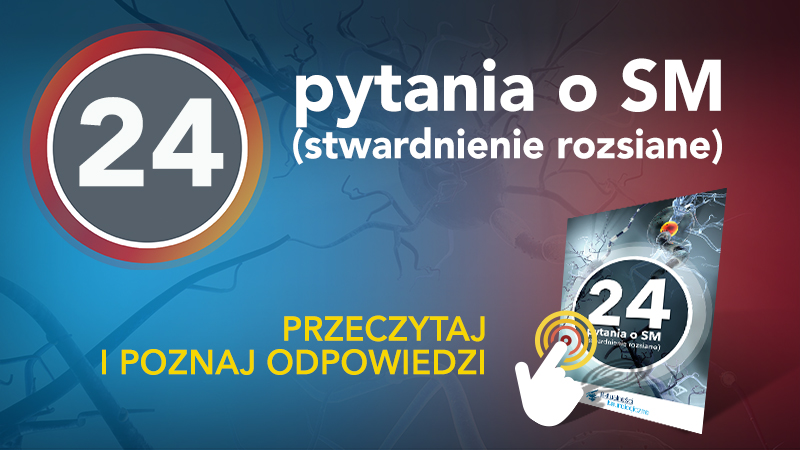Botulism. Case report
Elżbieta Jasińska, Agnieszka Gross, Ewa Kołodziejska
 Affiliation and address for correspondence
Affiliation and address for correspondenceThe case of a 43-year-old patient with botulism is described in order to draw attention to a rare disease, but still quite common in Poland, caused by Clostridium botulinum. Botulinum toxin is produced by anaerobic Gram-positive bacteria and considered as one of the strongest poisons. The authors describe a case of foodborne botulism, the oldest and the best understood form of intoxication. A characteristic sequence of clinical symptoms, in combination with a positive history of stale food consumption (particularly pickled meat), makes it possible to diagnose the disease accurately even in an outpatient clinic. The symptoms in the hospitalised patient were typical: symmetric paresis of the cranial nerves followed by flaccid paralysis consequently resulting in respiratory failure. The patient denied the possibility of stale food consumption, none of his entourage fell sick, which resulted in extensive differential diagnosis thus delaying the final recognition. Treatment of botulism is not only based on symptomatic management, but also involves the neutralization of the circulating neurotoxin. The detection of the presence of type B botulinum toxin in the blood after 10 days from poisoning and the administration of an antitoxin resulted in a very good therapeutic effect thus confirming the validity of the selective treatment implemented in the presented case.








